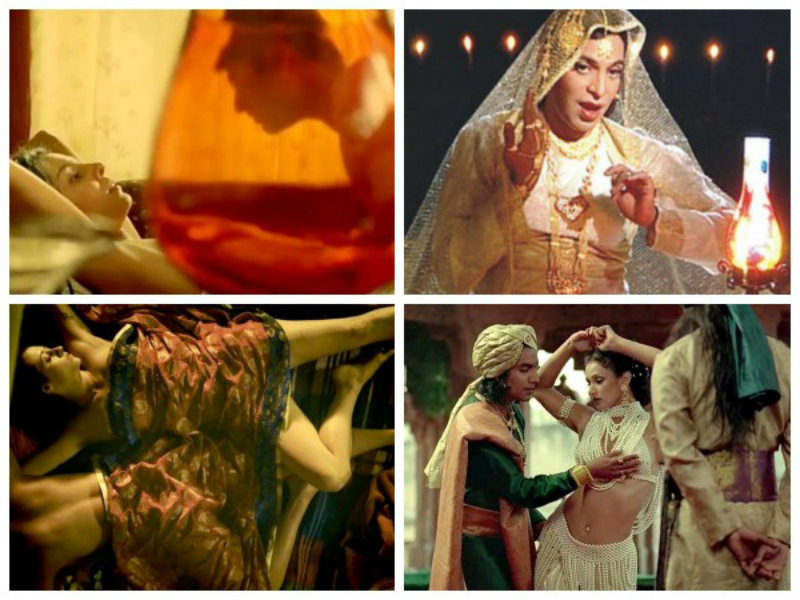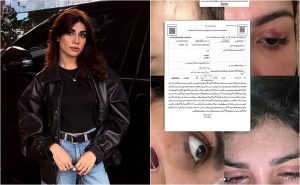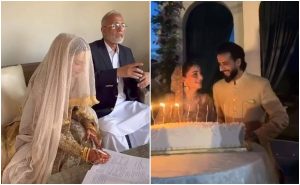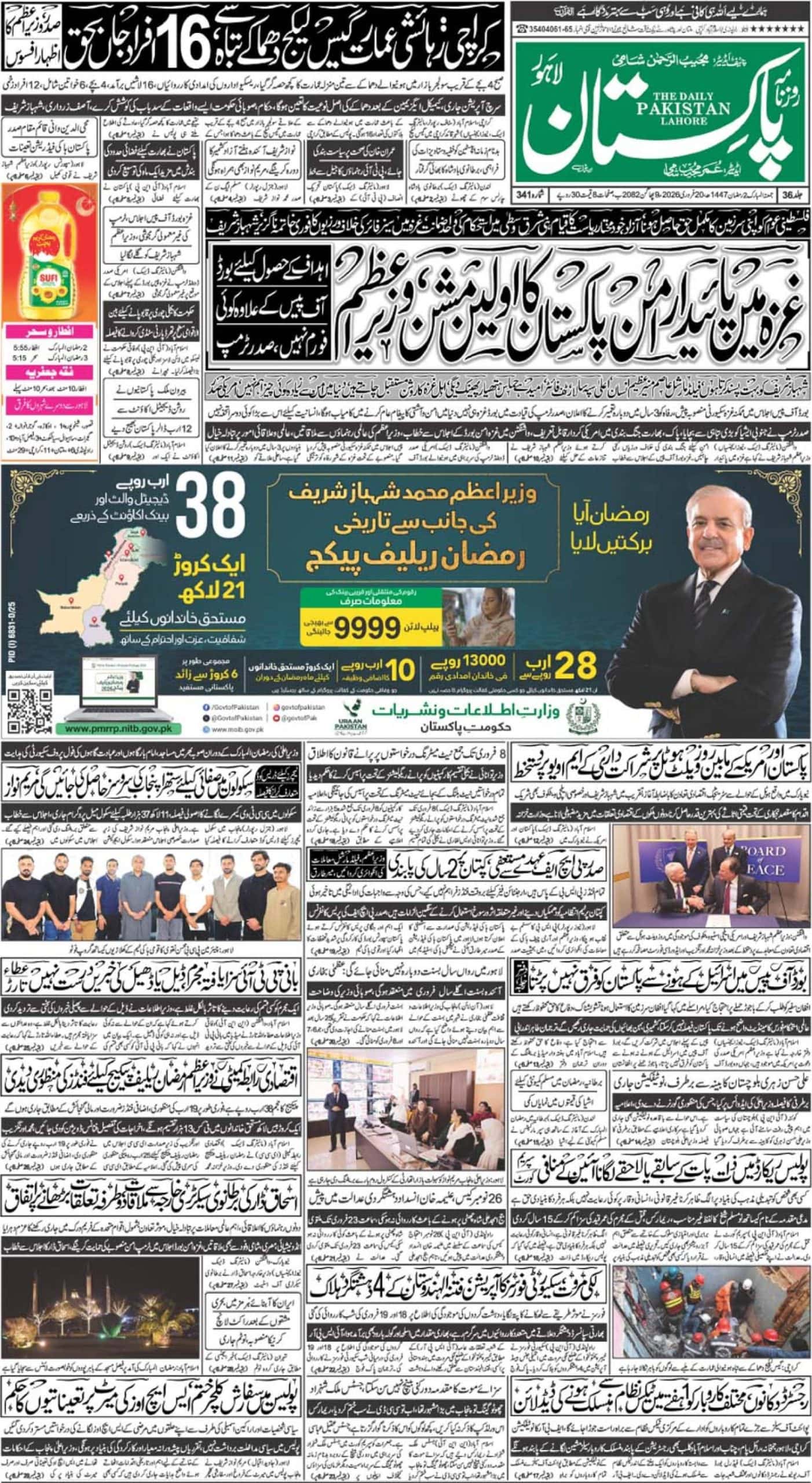NEW DELHI (Web Desk) – Many Indian films that indulge in strong (read bold) language, suggestive (read vulgar) scenes, gender taboos, Kashmir issues and religion banned by censor board but not that the viewers missed any of it!
Here’s a list of movies which the censor board banned:
Neel Akasher Neechey (1959)
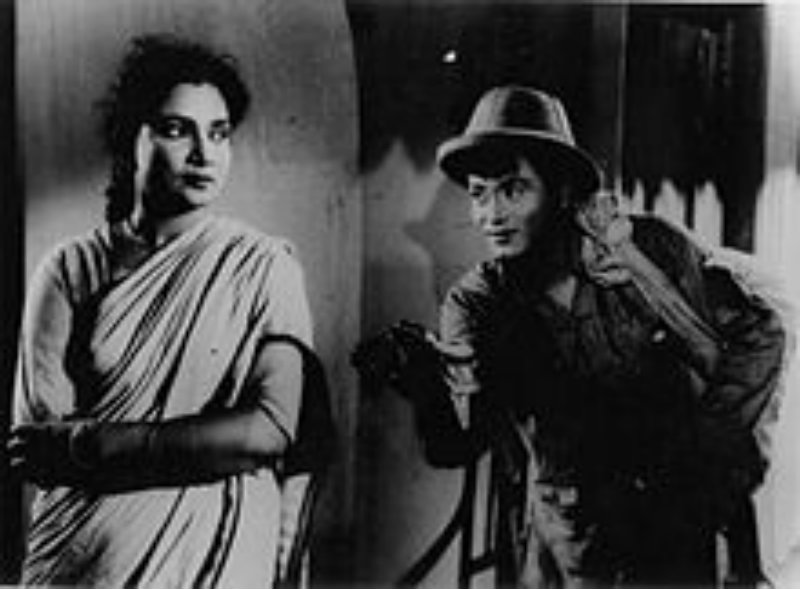
It was banned for two months for overt political overtones; it showed the troubles faced by an immigrant Chinese wage laborer in 1930s Calcutta.
Garam Hawa (1973)
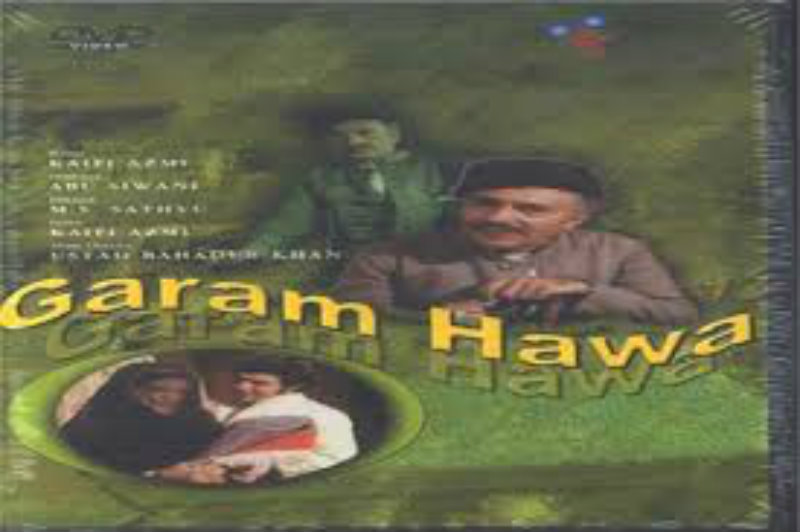
The release was held up by the censors for 8 months. The film depicted a Muslim family during the partition of India.
Aandhi (1975)
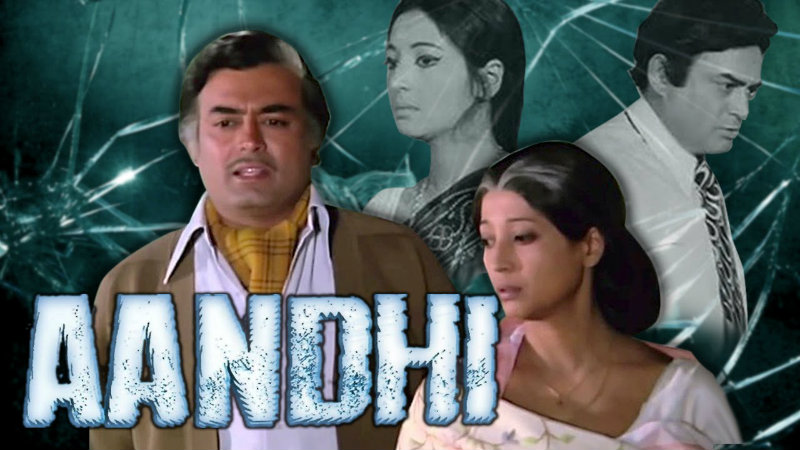
It was banned during Emergency by Indira Gandhi and subsequently released in 1977 after Janata Party came into power.
Kissa Kursi Ka (1977)
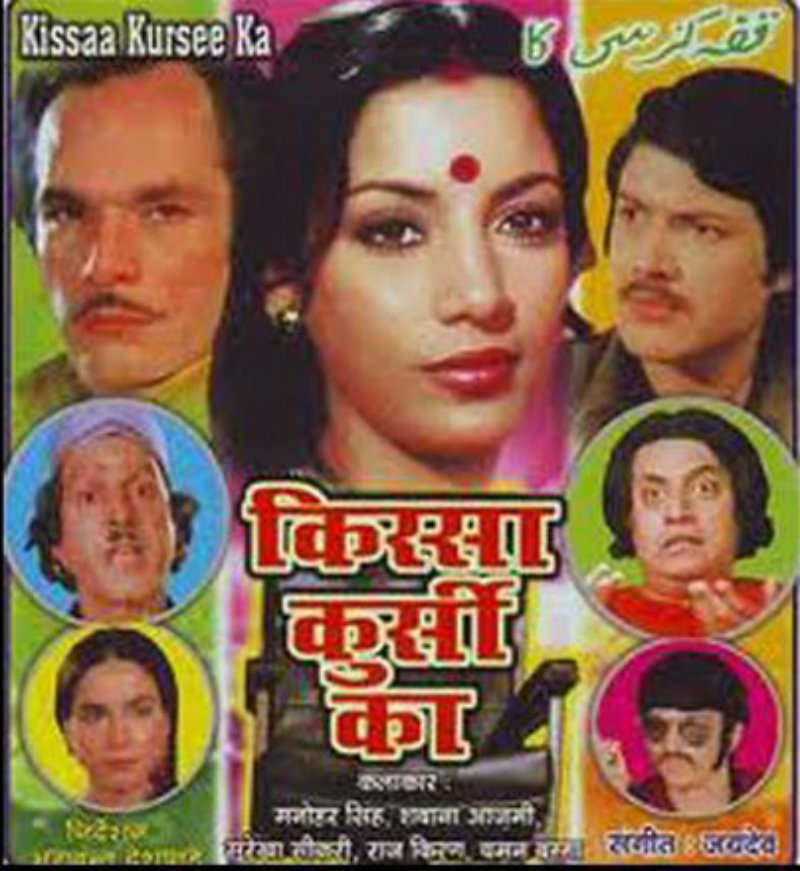
A political spoof, the film was banned by the Congress government for lampooning the Emergency. The master prints and all copies was lifted from the Censor Board office and burned by Sanjay Gandhi supporters. The movie was later remade with a different cast.
Indiana Jones and the Temple of Doom (1984)
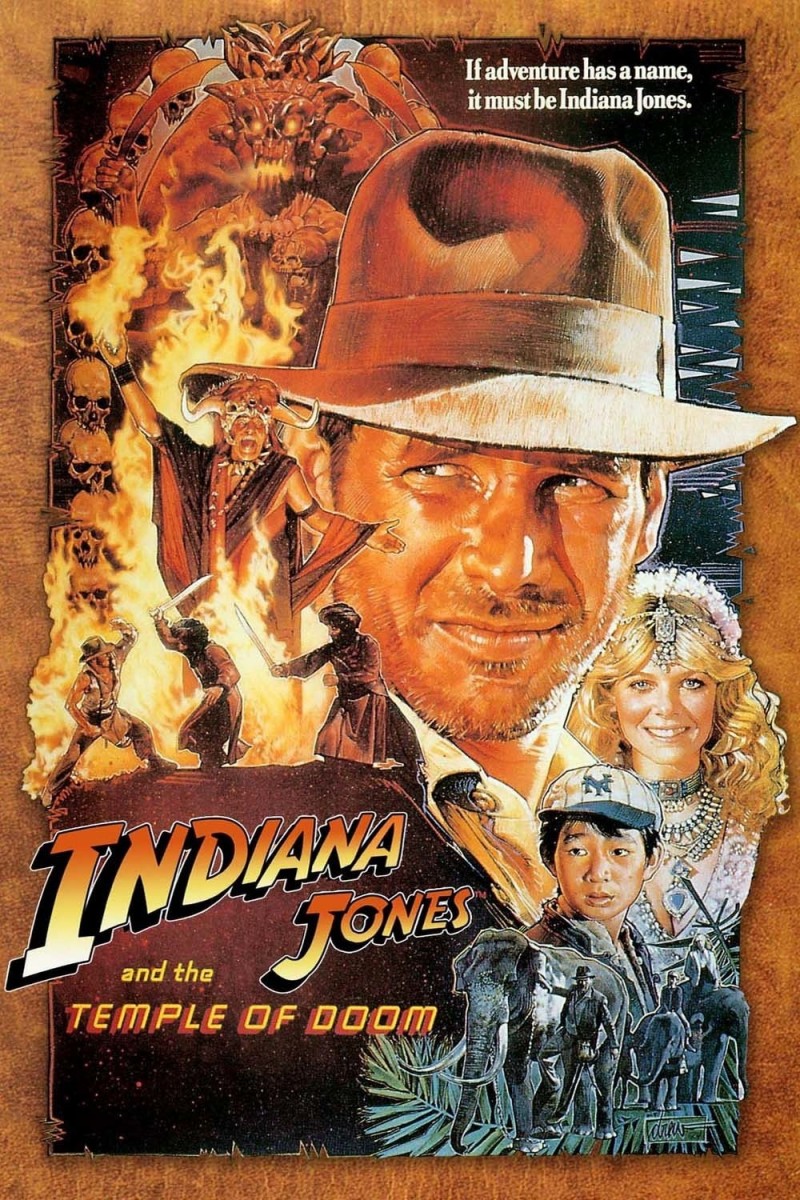
It was banned temporarily for its “negative” depiction of Indians. The ban was later rescinded.
Pati Parmeshwar (1987)
It was denied a rating by the Censor for depicting a woman in “ignoble servility” of her husband. Later, Bombay High Court allowed its release.
Kuttrapathirikai (1993)
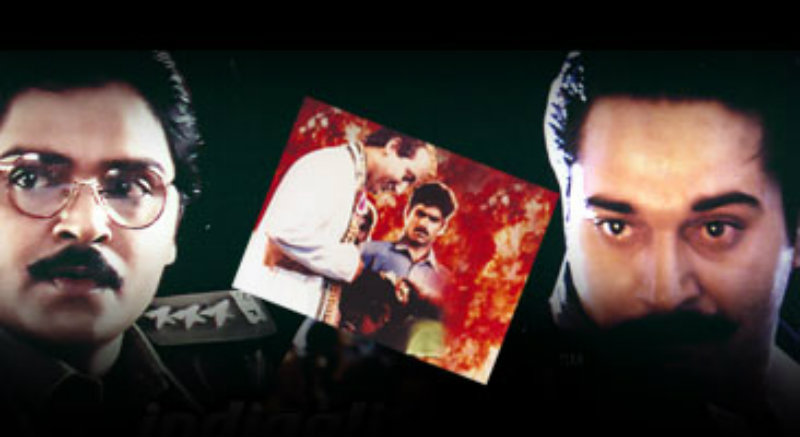
The film was completed in 1993. As it had Rajiv Gandhi’s assassination as a backdrop, it was not released until 2007.
Bandit Queen (1994)
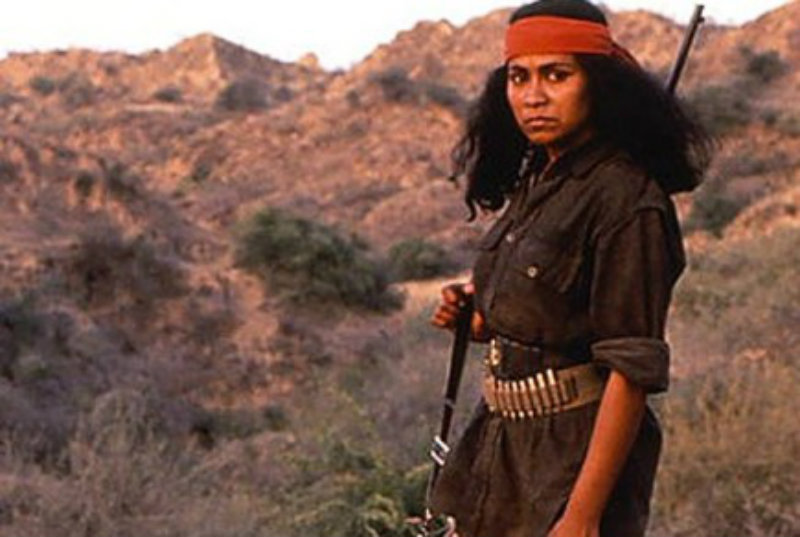
Bandit Queen was straight up ‘offensive’, ‘vulgar’, ‘indecent’ and almost laughed at the cinematic conservatism of the Indian censor board. The subject was such. Based on the life of Phoolan Devi, this Shekhar Kapur movie was banned due its explicit sexual content, nudity and abusive language, which the Censor Board could not (obviously) digest.
Fire (1996)
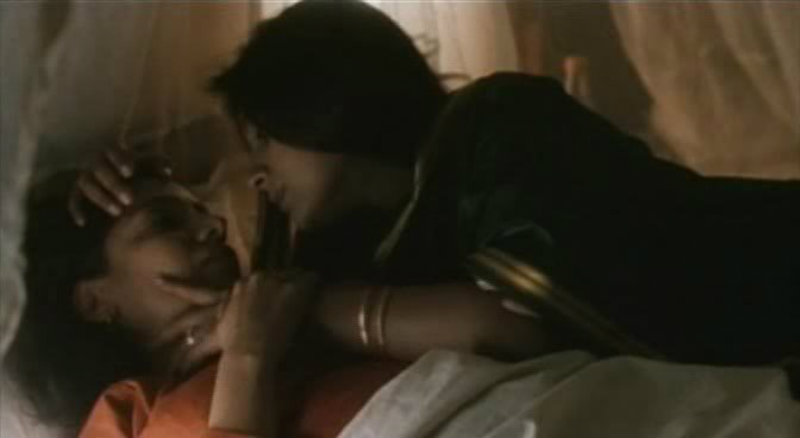
Deepa Mehta’s work is recognised for its global content and appeal. However, closer home, that translates to controversy. Among others, one such movie was ‘Fire’ which garnered a lot of critical acclaim worldwide but failed to impress Hindu groups (like Shiv Sena) in India due to its subject, which dealt with lesbian relationship between two sisters-in-laws in a Hindu family. The controversy ended with the leading actors, Shabana Azmi and Nandita Das along with their director Deepa Mehta receiving death threats and Censor Board finally banning the movie in the country.
Kama Sutra – A Tale Of Love (1996)
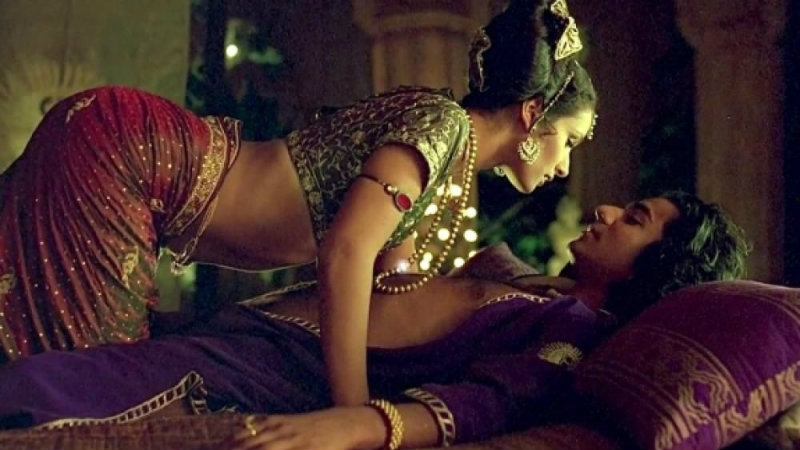
In a rather hypocritical move, Kama Sutra – A Tale Of Love too faced the wrath of Censor Board which termed it ‘explicit’, ‘unethical’ and ‘immoral’ for the audiences of the nation which came up with the concept of Kama Sutra! This Mira Nair movie, which depicted the lives of four lovers in the 16th century in India, was a hit with the critics but a major flop with the Censor Board and ultimately got banned. We did see it coming.
Urf Professor (2000)
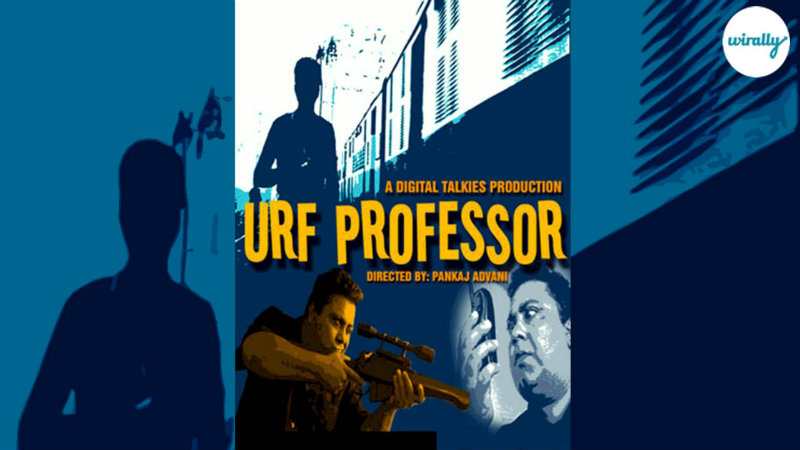
Another movie to run into trouble with the Censor Board was Pankaj Advani’s Urf Professor starring Manoj Pahwa, Antara Mali and Sharman Joshi. The movie traces the journey of the protagonist after a hit-man’s car and a winning lottery ticket goes missing and the chaos that follows. However, what irked the Censor Board were the ‘vulgar scenes’ and ‘bold language’ used in this black comedy, which ultimately led to a ban on the movie.
The Pink Mirror (2003)
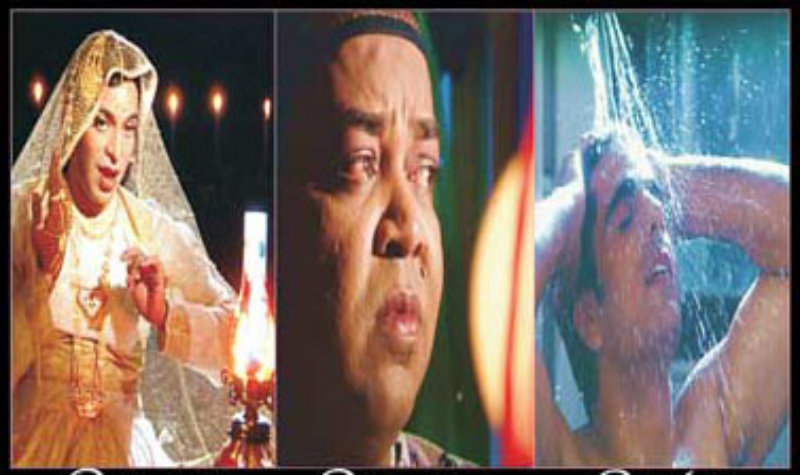
While experimental movies became the norm, gender issues was still a touchy topic to explore. The Pink Mirror by Sridhar Rangayan is one such movie which brought the concept of trans-sexuality to the forefront. The story dealt with the quest of two transsexuals and a gay teenager to seduce a straight man. No prizes for guessing that the Censor board got offended by the ‘vulgarity’ in the movie and banned it even after the film garnered rave reviews at film festivals around the world.
Paanch (2003)

Paanch, an Anurag Kashyap movie, faced a lot of heat from the Censor Board . Said to be based on the Joshi-Abhyankar serial murders in 1997, the movie was a thriller with high octane violence, crass language and drug abuse. No wonder, the Censor Board decided to ban the film and people awaiting the release of the movie had to make-do with the pirated version of the film.
Black Friday (2004)
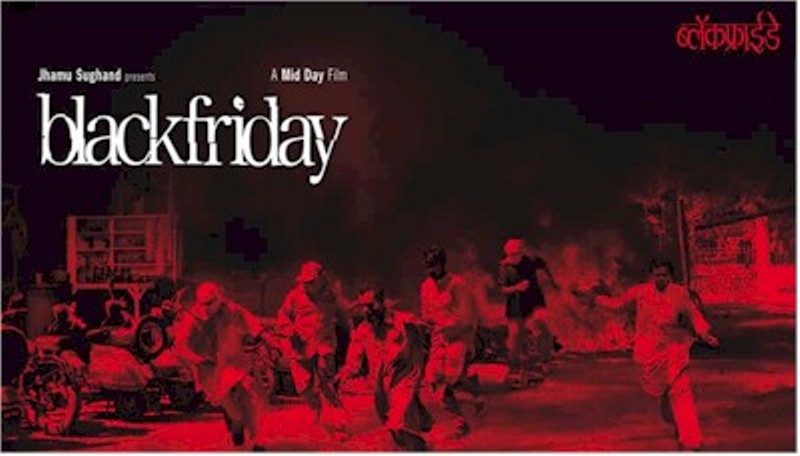
Loosely adapted from the famous book Black Friday – The True Story of the Bombay Bomb Blasts by S Hussain Zaidi, Anurag Kashyap’s movie was considered too dark to be released in India. The movie faced a stay order from The Bombay High Court because the 1993 Bombay blasts case and remained slated-to-release until the trial got over.
Parzania (2005)
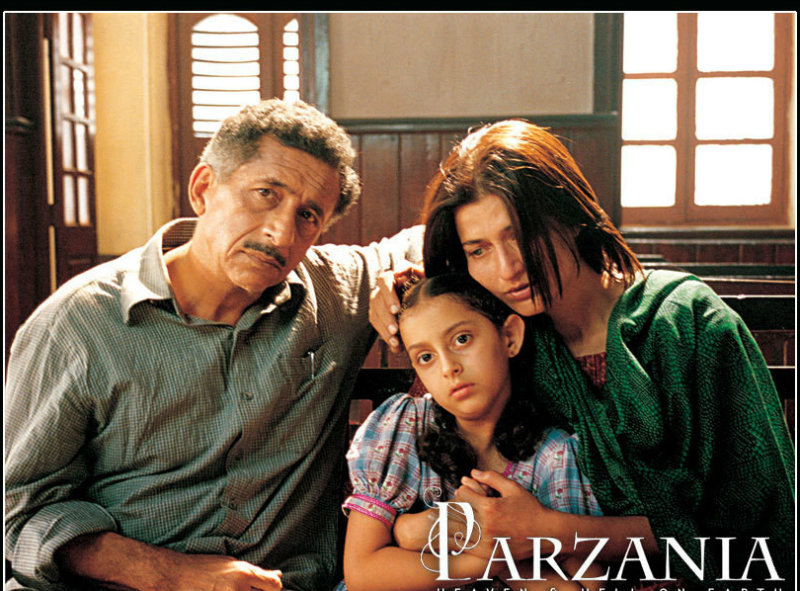
Parzania cut open the wounds of Gujarat’s scarred past, and received backlash and appreciation in equal amounts. The film was based on a superb plot which revolved around a boy called Azhar who goes missing during the Gujarat riots in the year 2002. Even though the film won a National Award, its cinematic excellence was not considered enough for political parties to let it screen in Gujarat, where it was fiercely banned.
Sins (2005)
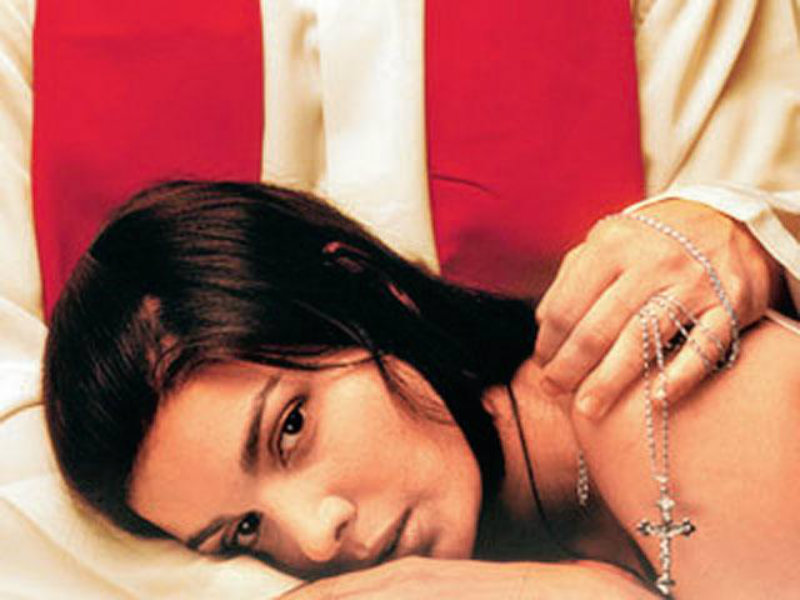
Sins is an erotic journey of a Kerala priest who falls for the charms of a woman and gets sexually involved with her. Filled with obsession, lust and his struggles with the norms of the society he lived in, Sins did not go down well with with the Catholics. They thought the film projected Catholicism in a very immoral light. The Censor Board too, had issues with the nude scenes in the film and hence the movie did not see the light of the day.
Water (2005)

Water is another Deepa Mehta movie which courted a lot of controversy because of its dark insights on the life of the Indian widow. Set in a certain Ashram of Varanasi, the script of the movie was written by none other than Anurag Kashyap and took up controversial issues like ostracism and misogyny which were alien to the Indian Censor Board back then. No wonder, the movie was widely attacked by protesters and around 2000 fanatics even destroyed the sets of the film.
Firaaq (2008)
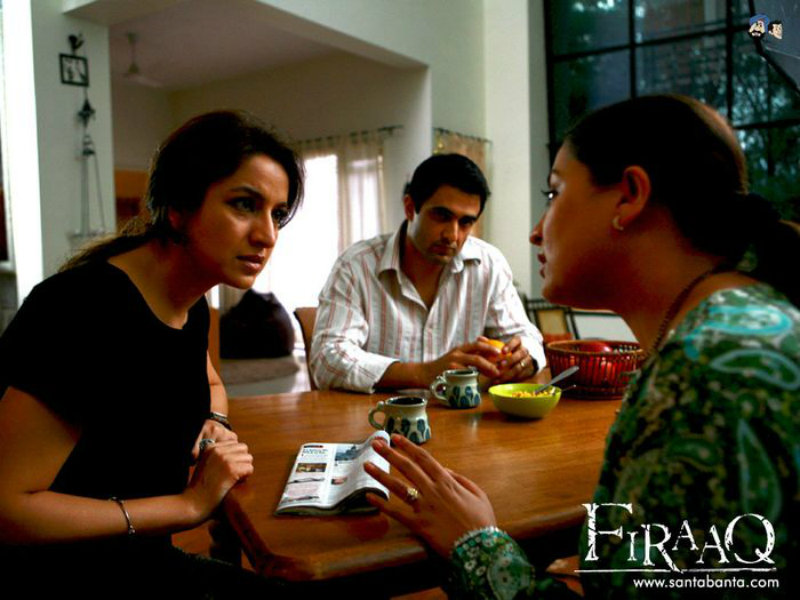
Another film to deal with the Gujarat riots, Firaaq was reportedly based on true incidents which happened in the riot-torn Gujarat. Nandita Das was widely criticised for hurting the sentiments of Hindus and Muslims and ultimately the movie got banned. But what came as a major achievement was the fact that the movie finally saw a release date and upon its release, garnered rave reviews from critics and audiences alike.
Gandu (2010)
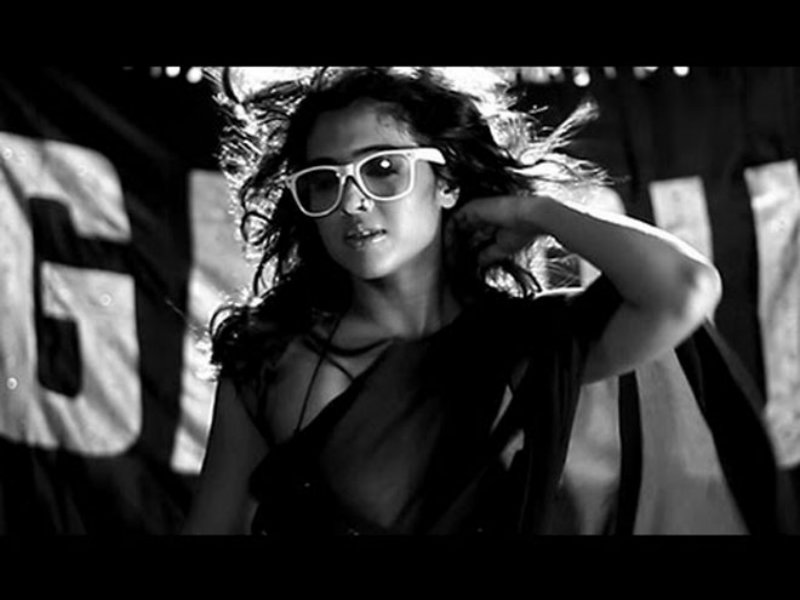
Gandu is a black-and-white Indian film, in the Bengali language, directed by Qaushiq Mukherjee who has described the film as a “rap musical”. It features Anubrata, Joyraj, Kamalika, Silajit, and Rii in the lead roles. The film was banned in India due to explicit sexual scenes.
Inshallah, Football (2010)
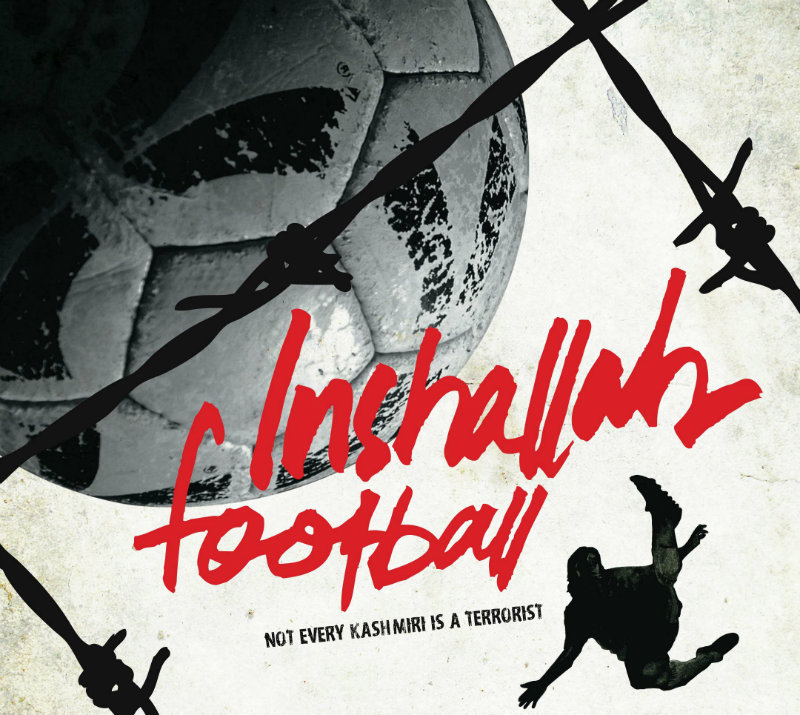
Inshallah, Football is a documentary about a Kashmiri boy who aspires to travel abroad and become a famous footballer someday. However, the boy is denied travelling outside the country because his father is charged with militancy. This film was intended to bring out the problems civilians face due to the insurgencies and militancy in the Kashmir Valley, but the purpose was defeated as it was denied the necessary censor certificate because of its sensitive subject.
Dazed in Doon (2010)
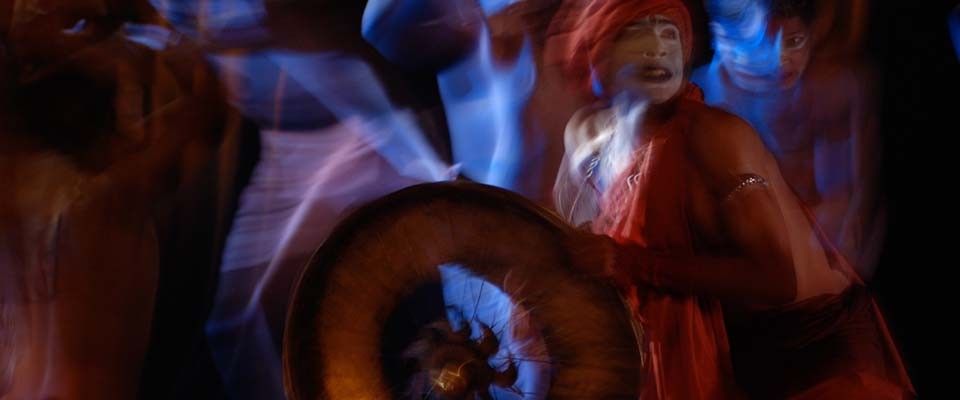
Doon School is one of the most highly respected schools of the country. The Doon School had problems with the content of Ratna Pathak Shah’s coming-of-age movie Dazed in Doon which depicted the story of a boy who is studying at the prestigious Doon School and the life he leads there. The school did not find it amusing to say the least and believed that it spoilt the name and heritage of the school and hence got the film stalled.
Unfreedom (2015)
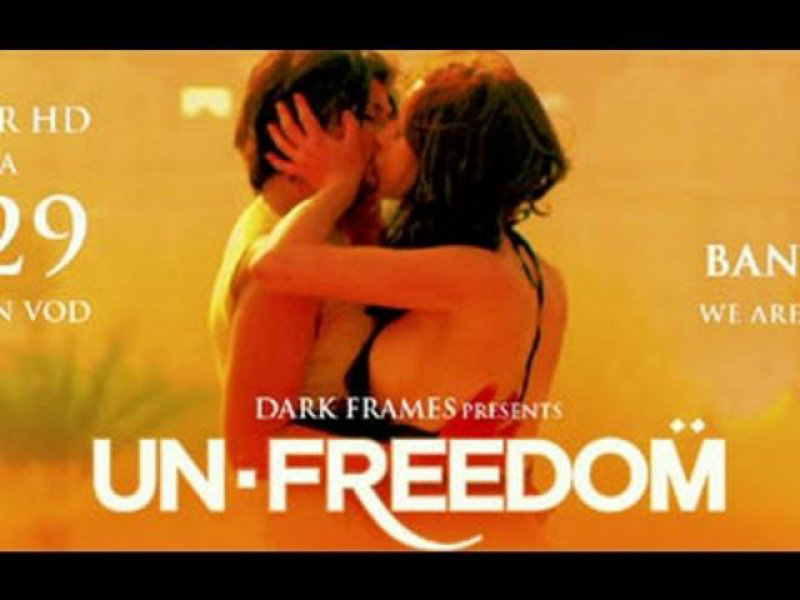
The most recent one to join this long list of banned movies in India, Unfreedom is a modern-day thriller which talks about a lesbian love story entangled within an Islamic terrorism-related angle. Bringing together two ‘taboos’ in one package, the Censor Board could not digest the nudity and the lovemaking scenes between the two protagonists. Reports also suggest that the movie was accused of “igniting unnatural passions” and hence was denied release in India, except for a few states.

